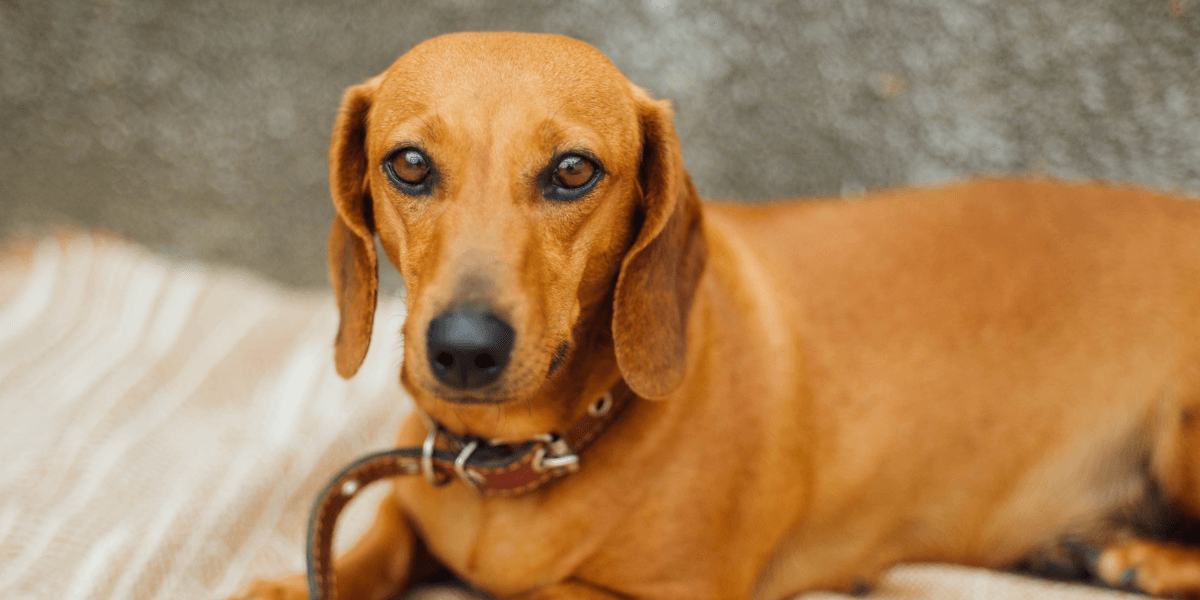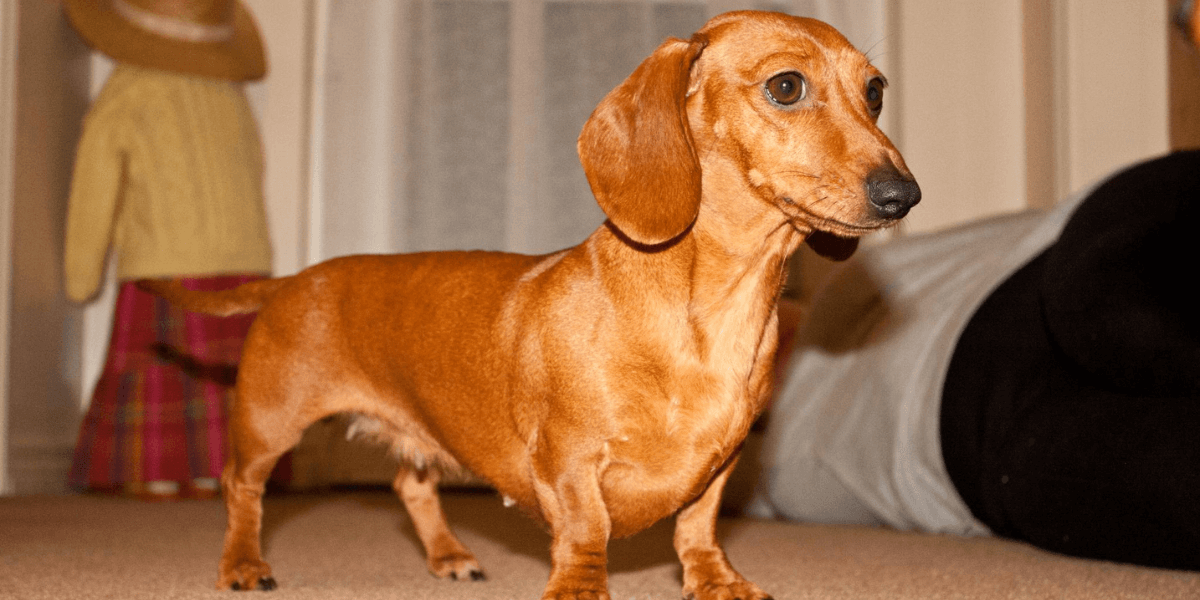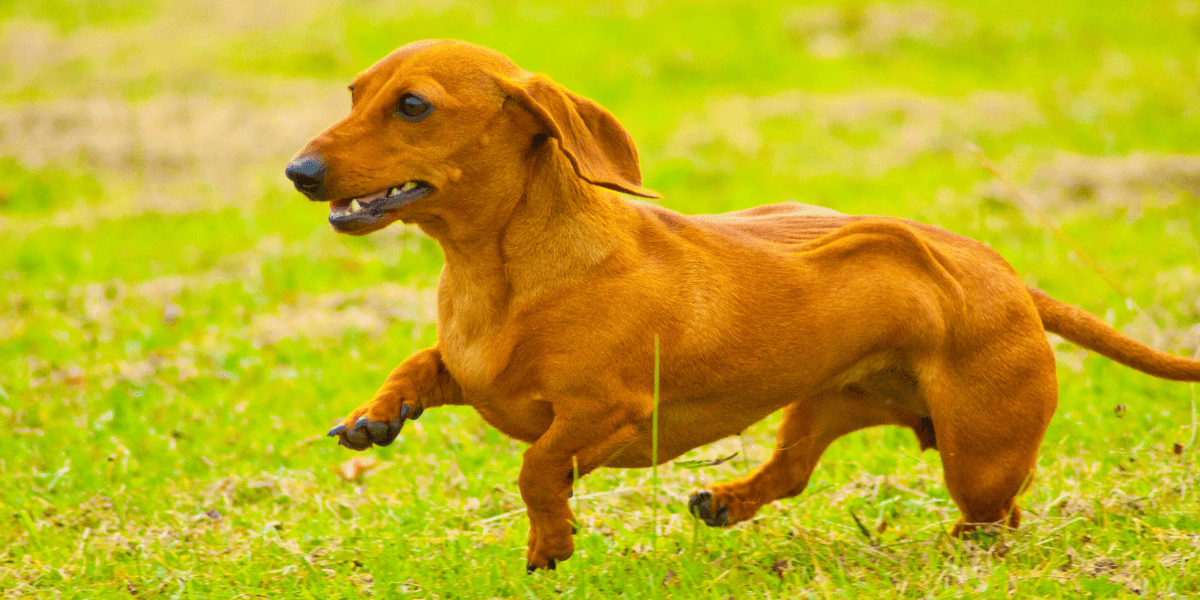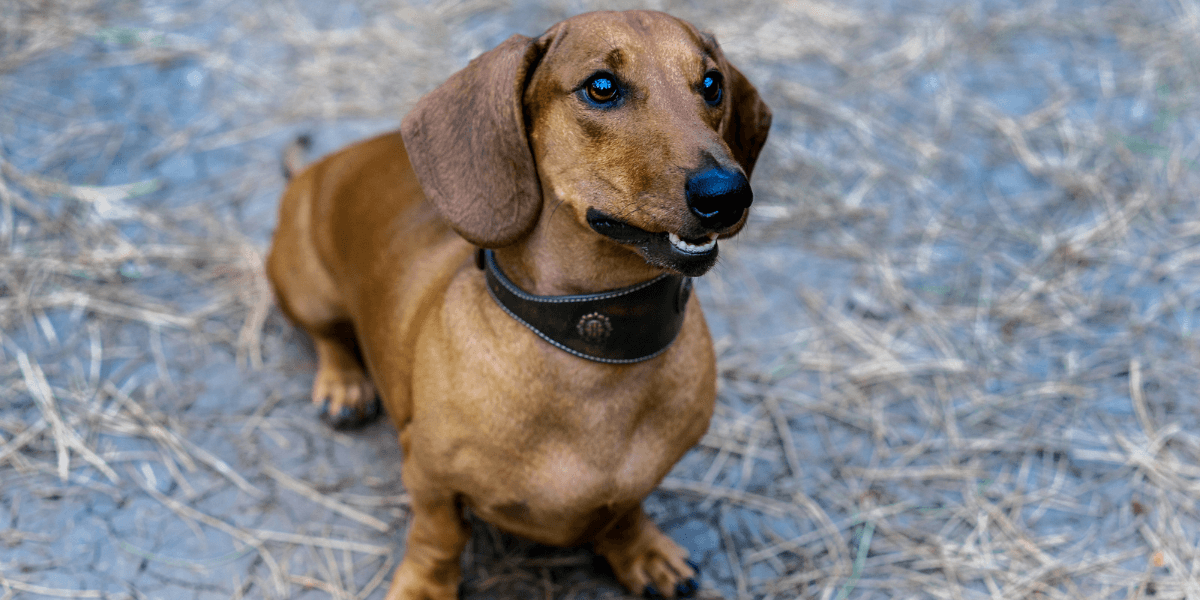Introduction
Discover the Best Diet for Dachshund to keep your pup healthy and happy
- Learn why proper nutrition is crucial for Dachshund’s overall health and longevity
- Explore essential nutrients that should be included in a Dachshund’s diet
- Understand the unique dietary needs of Dachshunds due to their body shape and size
- Find tips for selecting high-quality dog food that meets your Dachshund’s specific needs
- Get insights into managing weight and preventing obesity with the right diet
- Learn about common dietary mistakes to avoid for your Dachshund’s health
- Discover how to tailor your Dachshund’s diet for any age or health condition
1. Key Nutritional Components for Dachshunds

To support a Dachshund’s health, focus on these essential dietary components:
- Protein: Good sources include chicken, beef, and fish
- Fats: Look for foods with 8-15% fat content, including omega-3 and omega-6 fatty acids
- Carbohydrates: Opt for complex carbs like sweet potatoes and brown rice
- Vitamins and Minerals: Ensure your Dachshund gets adequate vitamins A, D, E
- Fiber: Essential for digestion, include sources like pumpkin and carrots.
- Water: Fresh, clean water is vital for hydration and overall health
2. Choosing the Right Dog Food

Selecting high-quality dog food is essential for your Dachshund’s health
Consider these factors:
- Ingredients: Look for food with real meat as the first ingredient and avoid fillers like corn and soy
- Brand Reputation: Opt for brands known for their nutritional expertise and high-quality ingredients
- Form: Dry kibble is often better for dental health, while wet food can be more palatable
- AAFCO Approval: Ensure the food meets AAFCO nutritional standards.
- Specific Needs: Select food for your dog’s age, size, and health conditions
3. Tailoring Portions to Your Dachshund’s Needs

Portion control is crucial for preventing obesity and ensuring proper nutrition
Follow these guidelines:
- Daily Caloric Intake: A standard Dachshund generally requires 500-600 calories per day
- Meal Frequency: Feed adult Dachshunds twice a day; puppies may require 3-4 smaller meals
- Monitoring Weight: Regularly check your Dachshund’s weight and adjust portion sizes as needed
- Adjust for Activity: Increase calories for active dogs and decrease for less active ones
- Treats and Snacks: Account for treats in daily calorie count to avoid overfeeding
4. Special Dietary Considerations

Some Dachshunds may have specific dietary needs due to health conditions:
- Allergies: If your dog has food allergies, look for hypoallergenic foods with limited ingredients
- Obesity: If your Dachshund is prone to weight gain, choose low-calorie, high-fiber foods
- Digestive Issues: For dogs with sensitive stomachs, choose easily digestible foods with prebiotics
- Joint Health: Supplementing with glucosamine and chondroitin can support joint health
- Dental Health: Select foods that help reduce tartar build-up and promote oral hygiene
- Skin and Coat: Choose foods with added omega fatty acids for a healthy, shiny coat
Learn how dietary considerations for Dachshunds can align with tips from Great Danes Health Issues.
5. The Pros and Cons of Homemade Diets

Some owners prefer homemade diets. Here’s what you need to know:
- Advantages: Homemade diets can be tailored to your Dachshund’s specific needs and preferences
- Considerations: Consult a vet or pet nutritionist to create a complete recipe
- Risks: Homemade diets can lead to nutritional imbalances if not carefully planned
- Fresh Ingredients: Homemade diets use fresh, high-quality ingredients for better nutrition
- Time and Effort: Preparing homemade meals requires significant time and effort for consistency
- Cost: Homemade diets can be more expensive than commercial dog foods, depending on ingredients
6. Exploring Raw Diets

Raw feeding is another option, but it requires careful planning:
- Benefits: Proponents claim raw diets can improve coat condition and energy levels
- Challenges: Raw diets must be balanced and safe from bacterial contamination
- Preparation: Proper handling and preparation are essential to avoid health risks
- Cost: Raw diets can be more expensive due to high-quality, fresh ingredients
- Transition: Switching to a raw diet should be gradual to avoid digestive upset
- Veterinary Guidance: Regular check-ups are crucial to monitor health and nutritional balance
Explore the benefits of raw diets for Dachshunds inspired by the Guide to Great Danes Nutrition.
7. Treats and Supplements: Enhancing Your Dachshund’s Diet

Treats and supplements can complement your Dachshund’s diet:
- Healthy Treats: Choose low-calorie, nutritious treats and limit them to 10% of daily calories
- Supplements: Consider adding fish oil for a healthy coat or probiotics for digestive health
- Consult Your Vet: Always consult your vet before introducing new supplements to ensure they are appropriate
See how Dachshund treats and supplements support wellness, just like Best Orthopedic Beds for Great Danes.
FAQs
1. What is the best diet for Dachshund?
- A balanced diet with high-quality protein and healthy fats
2. How often should I feed my Dachshund?
- Feed twice daily to maintain energy and prevent obesity
3. Can I give my Dachshund treats?
- Yes, but keep treats healthy and limited to 10% of daily intake
4. What are the top recommended foods for Dachshunds?
- Look for brands with real meat, vegetables, and no fillers
5. Should I consider a special diet for my Dachshund’s health issues?
- Yes, consult a vet for diets tailored to specific health conditions
6. How can I maintain my Dachshund's ideal weight?
- Follow portion guidelines and monitor weight regularly
7. Where can I find the Best Diet for Dachshund?
- Check for reputable brands and consult your vet for recommendations
Conclusion
- Implement the Best Diet for Dachshund to ensure your pet’s long-term health
- Regularly review and adjust your Dachshund’s diet to meet their evolving needs
- Consult with your vet to tailor dietary plans for specific health conditions
- Choose high-quality, balanced foods to support your Dachshund’s overall well-being
- Avoid common dietary pitfalls to keep your Dachshund fit and energetic
- Monitor your Dachshund’s weight and adjust portions to prevent obesity
- Invest in nutritious treats that complement your Dachshund’s diet
- Stay informed about dietary trends to provide the best care for your furry friend
Help other Dachshund owners provide the best care for their pets by sharing this article
What diet and food have worked best for your Dachshund?
Share your insights and questions below!
References
For more information on Best Diet for Dachshund, chack:
- Orthopedic Dog Beds: Help for Senior Dog Arthritis?
- Ideal Diet for Dachshunds – The Ultimate Dachshund Feeding Guide
- The Best Diet for Dachshund
- The Complete Guide to Dog Grooming: With Vet-Approved Tips
- Dachshund’s Nutritional Needs: The Best Foods for Your Long-Bodied Dog
Thank you!




